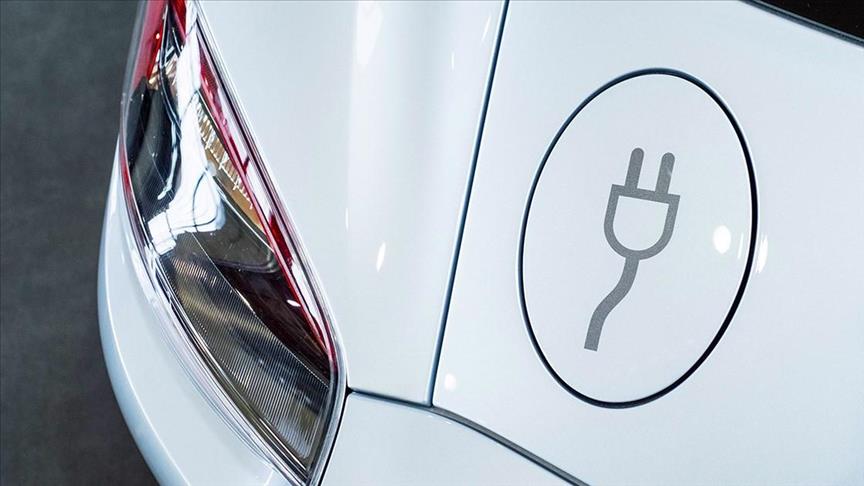The number of fully electric vehicles (FEVs) in the Netherlands has passed the 100 thousand mark for the first time on Jan. 1 this year, marking a 140% increase compared to the same day last year, according to the Dutch statistical office CBS late on Tuesday.
On Jan.1, 2020, 107 thousand FEVs were registered -- 62 thousand more compared to Jan. 1 of 2019.
According to CBS, the number of plug-in hybrid electric vehicles (PHEVs) declined by 3% to 91 thousand on Jan. 1 this year, compared to 94 thousand on Jan. 1 last year.
'On 1 January 2020, there were nearly 198 thousand plug-in hybrid and electric vehicles, i.e. 43% up on the previous year,' it added.
Plug-in electric vehicles (PEVs) are all passenger cars with an electric motor and a battery that can be recharged by plugging it into an external power source. They comprise (zero-emissions) FEVs with an electric motor as the sole source of propulsion and PHEVs. The latter has a conventional fuel engine aside from the electric motor.
The CBS noted that over 82% of FEVs are driven for business purposes, against 12% of all passenger cars. 'Electric company cars are subject to lower additional tax rates than conventional company cars,' it explained.
The additional tax liability amounted to 4% in 2019, and went up to 8% as of Jan. 1 this year.
'In December 2019, just before the new regulations took effect, the sale of new electric cars peaked at 22.9 thousand. December sales were higher than in the five preceding months combined. Altogether nearly 63 thousand new FEVs were sold in 2019, this amounted to nearly 25 thousand in 2018,' the office said.
By Ebru Sengul Cevrioglu
Anadolu Agency
energy@aa.com.tr


